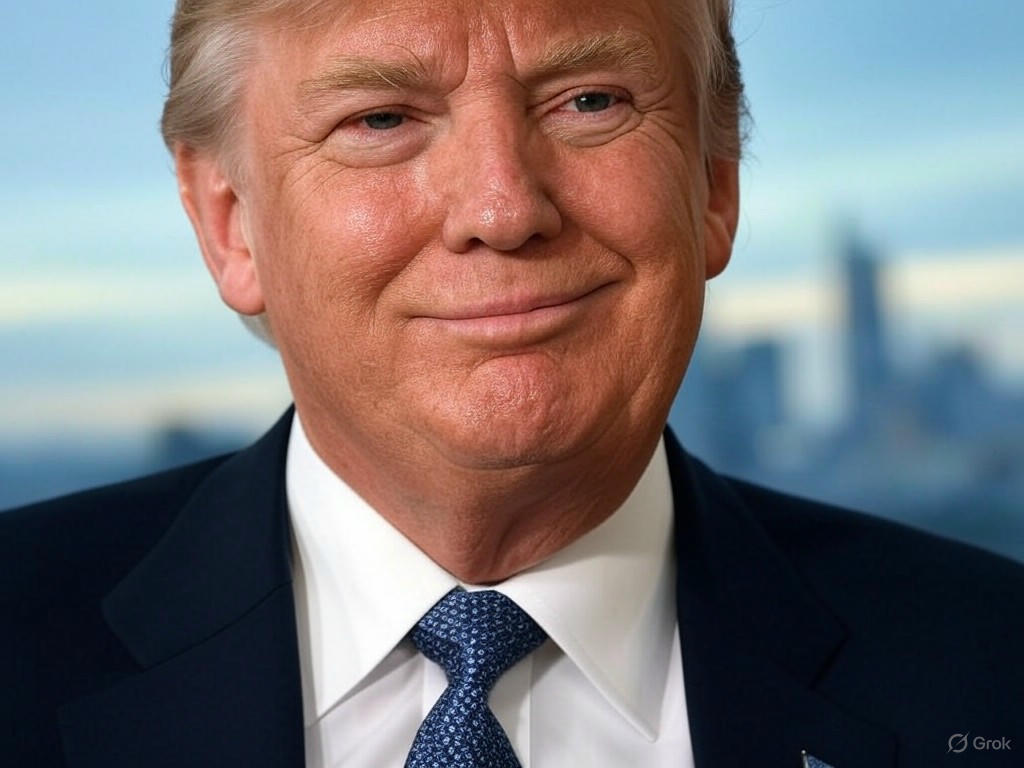Donald Trump has once again captured the spotlight, not just for his political maneuvers but for his apparent financial resurgence. As he steps back into the White House in 2025, reports suggest that the former president is reaping substantial monetary gains, sparking debates about the intersection of politics and personal profit. Critics argue that Trump has elevated the art of leveraging public office for financial benefit to unprecedented heights, with some dubbing him a master of modern-day opportunism.
Over the years, Trump’s net worth has been a rollercoaster, with valuations swinging wildly based on market conditions, business ventures, and public perception. According to financial analysts, his wealth took significant hits during his first presidential term and the subsequent years out of office. However, his return to power seems to have coincided with a remarkable rebound. While exact figures remain elusive, estimates point to a sharp uptick in his assets, fueled by strategic investments, branding deals, and perhaps, the very controversies that keep him in the headlines. Some watchdog groups have raised alarms, claiming that his latest ventures blur ethical lines, accusing him of capitalizing on his political influence to pad his bank account.
The discussion around Trump’s finances isn’t just about numbers; it’s about the broader implications for governance and trust in public institutions. Advocacy organizations have pointed out that his business dealings—ranging from real estate to media partnerships—could pose conflicts of interest. They argue that this isn’t merely a personal triumph for Trump but a potential erosion of democratic norms, where policy decisions might be swayed by profit motives rather than public good. On the flip side, supporters contend that his financial success is a testament to his business acumen, suggesting that a thriving leader can steer the nation toward economic prosperity. They view his ability to turn adversity into opportunity as a strength, not a liability.
As this debate rages on, one thing is clear: Trump remains a polarizing figure whose every move—financial or otherwise—draws intense scrutiny. Whether he’s navigating international trade deals or promoting his personal brand, the line between public service and private gain appears increasingly blurred. Observers note that this phenomenon isn’t entirely new; politicians have long faced accusations of self-enrichment. Yet, Trump’s flair for turning his name into a marketable asset seems to set him apart, raising questions about how future leaders might follow suit.
Looking ahead, the true impact of Trump’s financial strategies during this second term will likely unfold over time. Will his wealth accumulation be seen as a distraction from pressing national issues, or will it be hailed as proof of his unconventional leadership? For now, as dollars flow and opinions clash, Donald Trump continues to dominate the conversation, proving that in politics, as in business, he knows how to keep the spotlight—and the profits—firmly on himself.
